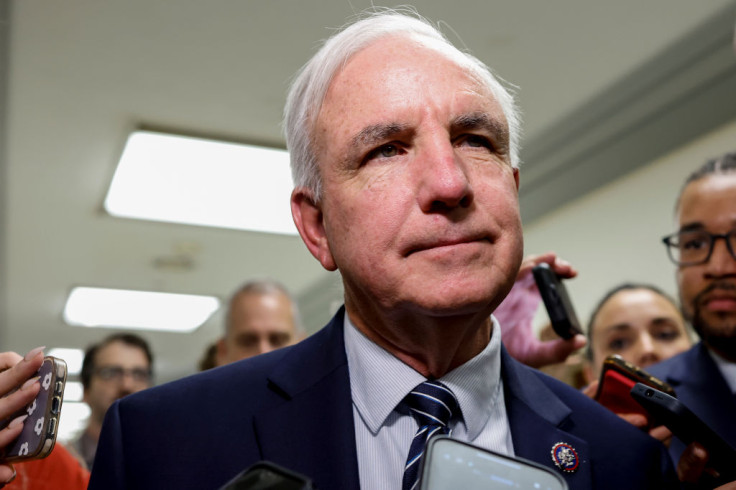
Republican Rep. Carlos Gimenez slammed the Mexican government over what he described as its "complicity with the Cuban dictatorship."
"From the U.S. Congress we won't allow Mexico from keep benefiting from our trade while helping the enemies of freedom. Enough!" Gimenez said in a social media publication.
🚨Es hora que el gobierno de #Mexico rinda cuentas por su complicidad con la dictadura en #Cuba.
— Rep. Carlos A. Gimenez (@RepCarlos) November 5, 2025
Desde el Congreso de USA, no vamos a permitir que México siga beneficiándose de nuestro comercio mientras ayudan a los enemigos de la libertad.
¡Basta ya! pic.twitter.com/jo0eoPG8jH
Different officials have been sparring with Mexican counterparts over the matter, even including President Claudia Sheinbaum. Last week, the head of State responded to comments by Deputy Secretary of State Christopher Landau, who criticized Mexico's comments at the United Nations urging the U.S. to lift what it described as a "commercial blockade" of Cuba.
Responding to a post by Mexico's Foreign Ministry, Landau said he was "sad as a friend of Mexico" to see the claim and contended that Cuba "freely receives goods and visitors from many countries," adding that U.S. measures are a domestically enacted embargo restricting transactions by U.S. persons.
"It is obviously OUR sovereign right to decide that we will not allow our own people to economically support a hostile foreign regime," Landau wrote, asserting that Havana uses the "blockade" narrative to deflect from "poor economic management."
He was making reference to comments by U.N. by Mexico's permanent representative, Héctor Vasconcelos, who denounced what he called "continued disregard" for the General Assembly's repeated votes urging an end to the U.S. economic, commercial and financial measures against Cuba.
Vasconcelos said Mexico "rejects sanctions and commercial blockades that only harm the well-being of peoples," condemned the application of Title III of the Helms-Burton Act, and argued that unilateral pressure on another state "contravenes the principles of the U.N. Charter" and Mexico's foreign-policy principles.
Vasoconcelos added that Cuba faces a severe economic crisis worsened by U.S. actions, pandemic effects, global oil prices, and natural disasters, and concluded that obstructing economic development "is contrary to achieving the Sustainable Development Goals."
Sheinbaum, on her end, said Mexico's foreign policy "is defined by Mexico" and grounded in constitutional principles, stressing the country's longstanding support for Cuba.
"We are a sovereign, free, independent country, and foreign policy is defined by Mexicans," she said, noting that an "overwhelming majority" of nations voted to end the measures against Cuba. She added that while Mexico maintains a good relationship with the United States, "there are obviously issues on which we do not agree," and emphasized resolving disputes through dialogue, saying she expects additional trade agreements soon.
© 2025 Latin Times. All rights reserved. Do not reproduce without permission.





